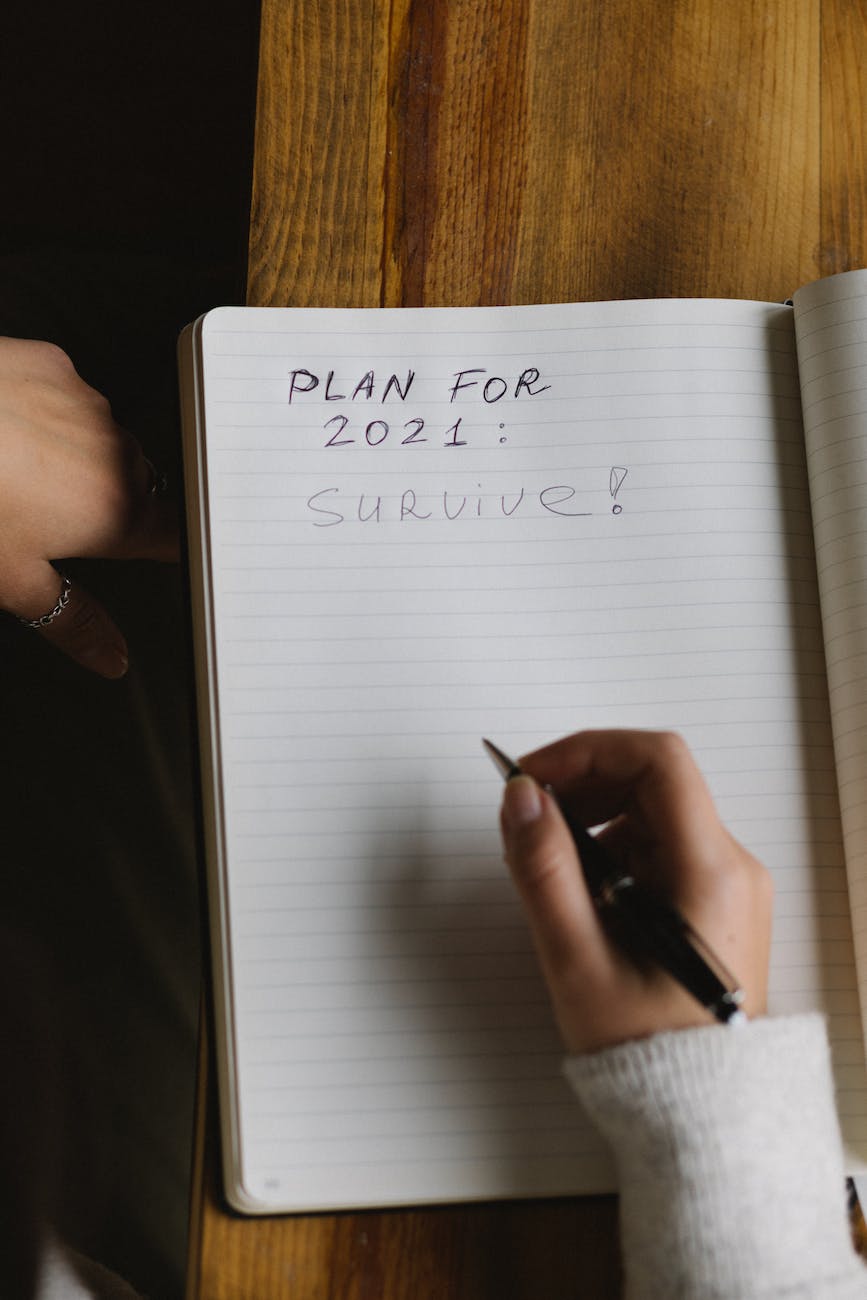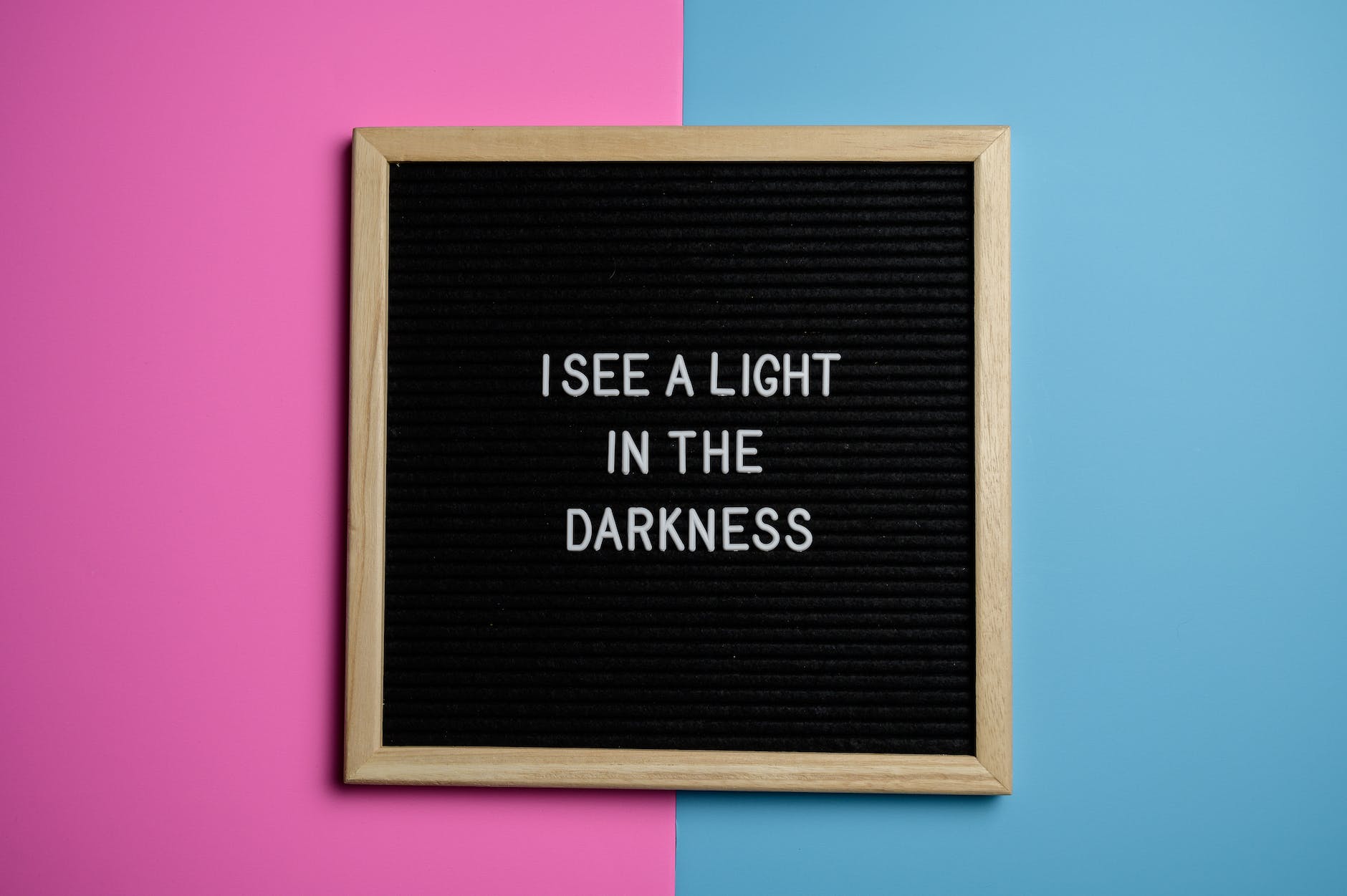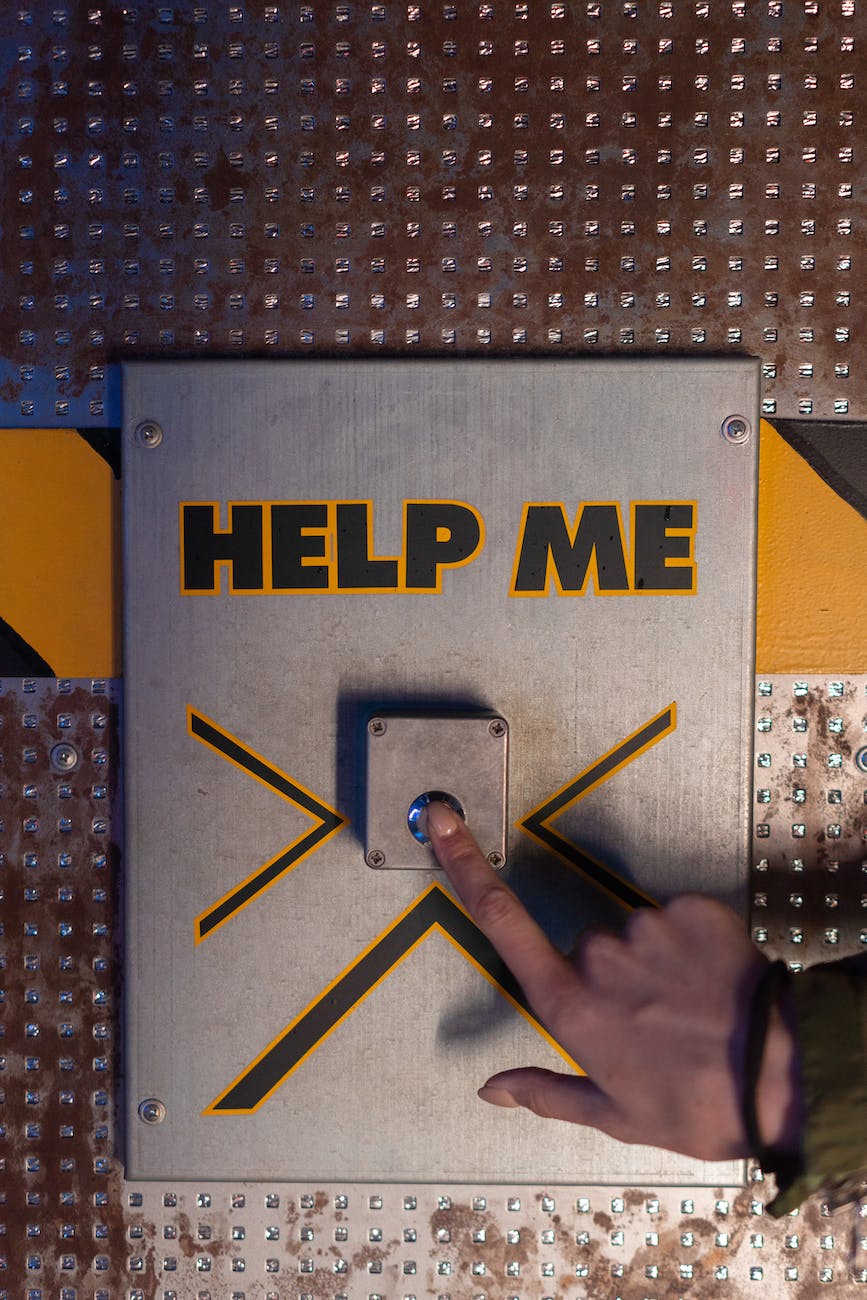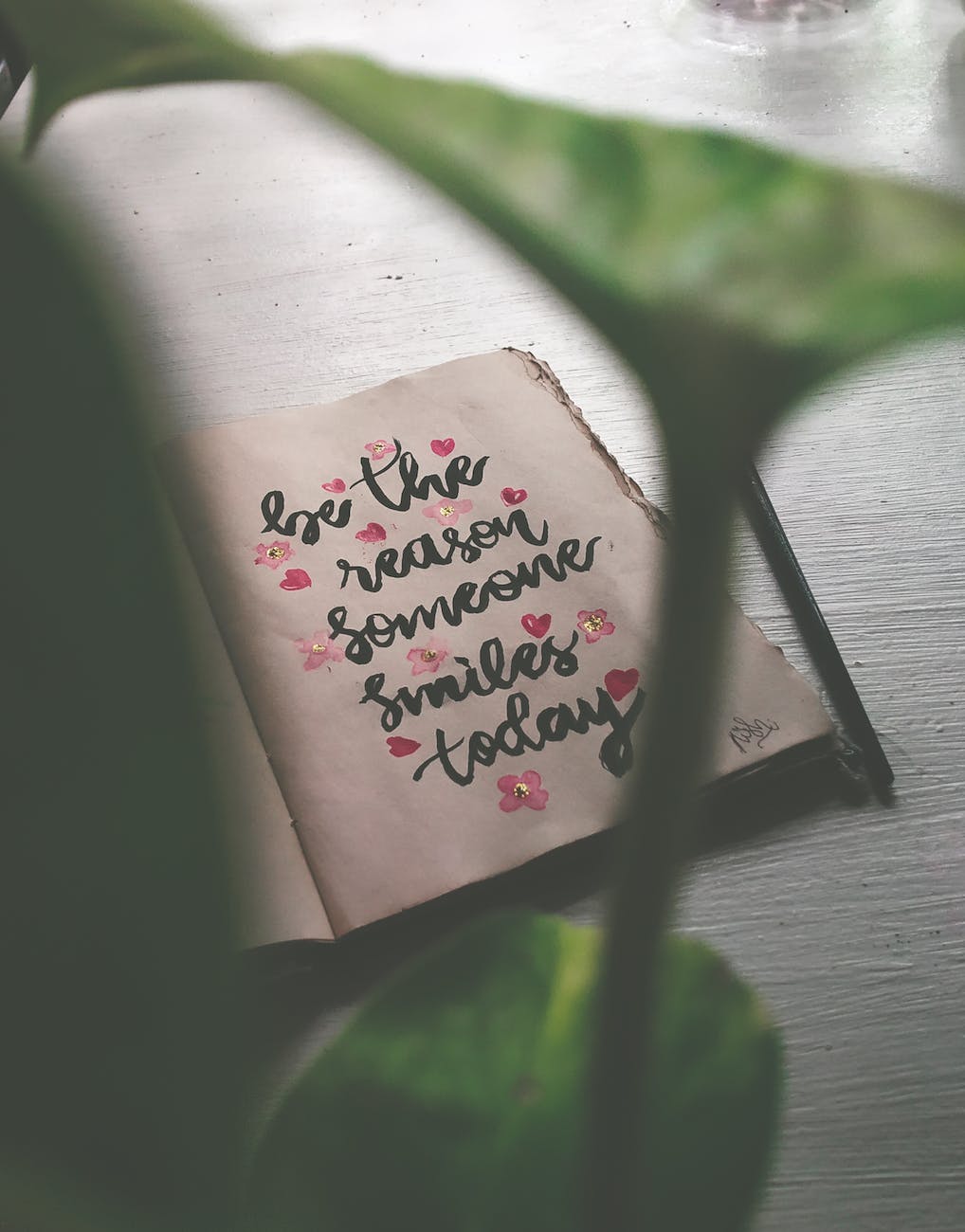How to prepare for a bad mental health day
When it comes to mental health, preparation is everything. Because once these days hit, we often find ourselves with blank minds on what we could do to feel better now. Therefore, I’ve collected some tools for you that you can prepare during good times on which you can rely on in those low moments. So next time you’re having a bad mental health day it might still take you by surprise, but at least you won’t be unarmed. Read on to find out how to prepare for a bad mental health day.

- Keep a list of compliments. One way how to prepare for a bad mental health day is to collect a list of uplifters. At some point, I started keeping a list on my phone of random compliments and friendly words that others have said to me. Of course you can also write it down on paper but creating that list on your phone is handy because you always have it with you and that way you can add to it easily. It can be a kind word from a stranger you’ve only just met, someone complimenting you on your work, your beautiful smile, or a good friend telling you how much you helped them by listening to them. Once you start paying attention to it you’ll realize that our every day life is filled with many of those little moments of appreciation. Since experiencing low self-worth is a common symptom of depression and other mental health struggles, this is the perfect way to fight it. Just go back to this list and indulge in all the nice things that people have said to you for days on which you feel worthless.

- Keep an uplifting book. Another way how to prepare for a bad mental health day is creating an uplifting book. I received this wonderful tip from a friend and it has helped me navigate through my emotional life that sometimes feels like a roller coaster. The idea is similar to the list of compliments and in my opinion also used best digitally. But if you want to get creative and start a crap book, feel free! As for the digital version you can simply create a group chat on WhatsApp, add only yourself to it and give the group a nice name, such as “Kim’s Uplifting Book”. From now on this will be your personal space to collect anything that might be able to cheer you up on a bad day. My uplifting book for example consists of a mix of:
- beautiful, random or funny moments of life that I want to remember
- screenshots of conversations with friends/family where they told me a kind word
- forwarded voice messages from friends/family sending me encouraging words
- sometimes I write messages to myself, talking to myself like I would to a good friend with lots of self-compassion, love and understanding
- resources that help me with my mental health, for example, Instagram posts I resonate with, books podcast tips etc.
- Take a mental health SOS list with you everywhere you go. Bad mental health moments can surprise us at any time and in any place. Therefore I found it super helpful to create an emergency list of actions I can take for when I’m stuck in panic or really dark thoughts and can’t remember any of the great tools I actually know about. Start writing down all the tools you’ve read, tried and found helpful and create a list of those (for example listening to a guided meditation, calling a friend, going for a walk, breathing techniques etc.). It can be so intense when our mind goes into fight or flight mode and it just goes blank. Leaving us not being able to retrieve that helpful information from our memories. Ideally take the list with you wherever you go (take a picture of it with your phone) or save it in your phone notes.

Do something for your mind and body every day. This tip on how to prepare for a bad mental health day isn’t new but just a friendly reminder. Body exercise and mind exercise (such as meditation or breathing exercises) is a long-term game, it won’t turn our mental health around from one day to the next. But if we practice regularly (especially during good periods when we actually have the motivation) it can certainly help us to get through difficult periods because 1) we have already created a habit and 2) it might buffer the severity of a bad episode.

Write down affirmations. Another great list to prepare would be one with positive affirmations that you feel might resonate. Put them someone in your space where you see them often, even if you don’t actively read them, our subconscious notices and takes in the message. Some that really help me for example are:
this is a temporary state of mind, I will NOT feel like this forever. Everything passes eventually.
I have made through x bad days. I will also make it through this one.
Find an emergency contact. Talk to someone that you really trust beforehand. Tell them how you feel during low periods and what they could do to help you through it. It’s also a good idea to share your SOS list with them. Further, agree with them that you can call them if you’re feeling low and they’ll walk you through the list or steps you could do to feel better.
Again, during bad mental health moments we likely forget all of them or are unable to perform them without help/motivation from someone else. I found that others who don’t know what mental health struggles feel like often feel helpless because they don’t know what you need. This is your invitation to share what you need with them.

Journal on good days. Journaling is a great tool for bad days for sure, but it’s equally important to write about the good days and therefore a great way to prepare for a bad mental health day. They can come in handy on days when we forget how happiness or calm even feels. My go-to action to do on bad days is to read back all my happy journal entries. They serve as proof that better days existed and that they will happen again.

Final Thoughts
Bad Mental Health days suck and it’s not fair that they come and go and bother us in our daily life. It is frustrating, I know. But I believe the best approach we can take is to accept them when they come around, take them in like an old friend, and then let them leave again. This is much easier when we come prepared so I highly encourage you to take up some of these tips on how to prepare for a bad mental health day. And remember, these practices aren’t just to prepare for your bad days but also to make the good ones even better. You got this!
